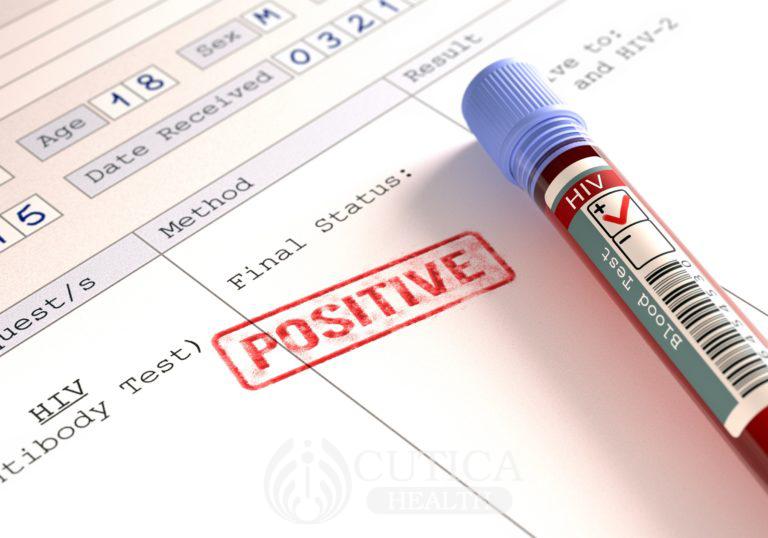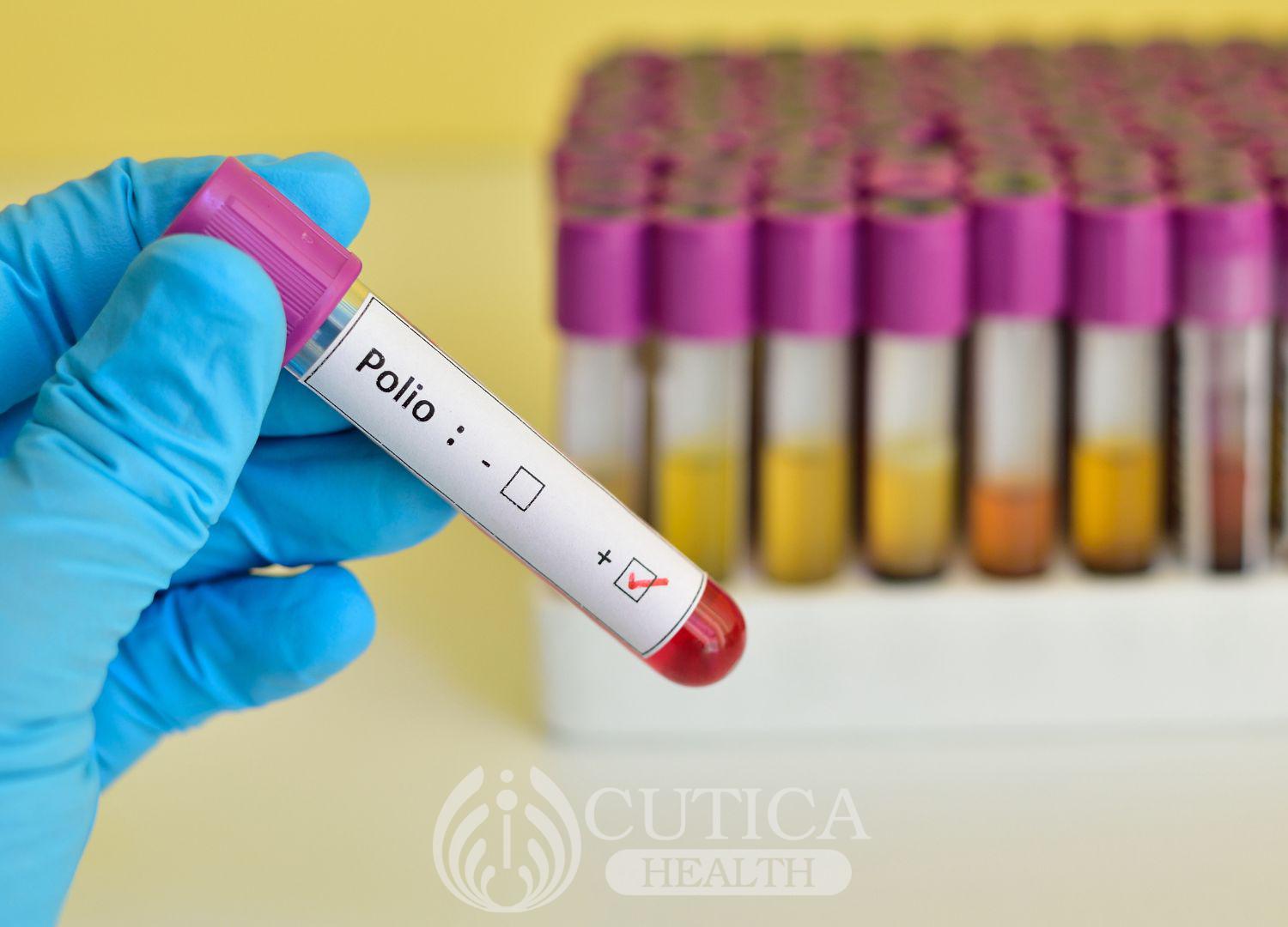
In this way, the medications avert AIDS and other diseases and complications that would have resulted from HIV-inflicted damage to the immune system of the body. A person receiving such proper treatment can expect to live fully.
If taken consistently as recommended by doctors, HIV medications now work so well that the level of the virus in the body (called the viral load) can be minimized to such an extent that the virus will not be detected by a sophisticated blood test (viral load test). This is commonly referred to as being “undetectable”. Everyone living with HIV should aim to be “undetectable”.
At this level of virus suppression due to treatment, the risk of passing on HIV through sex, or from mother to baby during pregnancy, childbirth or breastfeeding is practically zero.
Question: What is the best treatment to take after realizing that one has had unsafe sex with a HIV positive person?
Answer:
If treatment with regular HIV tablets is started as soon as possible, and no later than 72 hours (3 days) after exposure to HIV, and this treatment is sustained for 28 days, the medications work very well for preventing HIV infection from happening. When HIV medications are used in this short-term way to prevent HIV infection in uninfected persons-at-risk, health workers call it Post Exposure Prophylaxis (P.E.P for short).
Since time is of essence in starting PEP, it is advisable for an HIV exposed person to immediately seek medical attention, usually at the Emergency section of a hospital where at least a treatment starter pack (medications to take at home for the initial few days of treatment) can be given, usually free of charge, if recommended by the doctor.
The exact medications to use for PEP will be determined by the doctor according to available information about what type of exposure occurred, whether the infected person is on HIV treatment or not, and whether the exposed person has certain health issues.
It is essential for the person seeking PEP to be calm, provide accurate details of what happened, perform the necessary tests, use the tablets exactly as recommended for 28 days, and then return to see the doctor for a follow-up HIV test.
Question: I am no good at taking medications. How do I cope with HIV treatment?
Answer:
Unlike in previous decades, HIV treatment has become easier and more convenient because the use of smart tablets (which combines several drugs into one pill) has reduced what a person on treatment needs to swallow to just one or two sleek pills per day.
It is recommended that persons diagnosed with HIV infection should start treatment as soon as possible, and stay on treatment permanently. Many HIV clinics have treatment counsellors for one-on-one guidance and support of clients who struggle with initiating care or staying on treatment.
Every decade since the first HIV medication was approved for treatment in 1987 has seen major progress and scientific breakthroughs in making HIV drug treatment increasingly user-friendly. Thanks to ongoing research, HIV treatment is now available in the form of an injection that can be given every month or even less frequently, without the need for oral tablets. Coping with HIV treatment just got easier than ever.
Contributed by a CH writer












